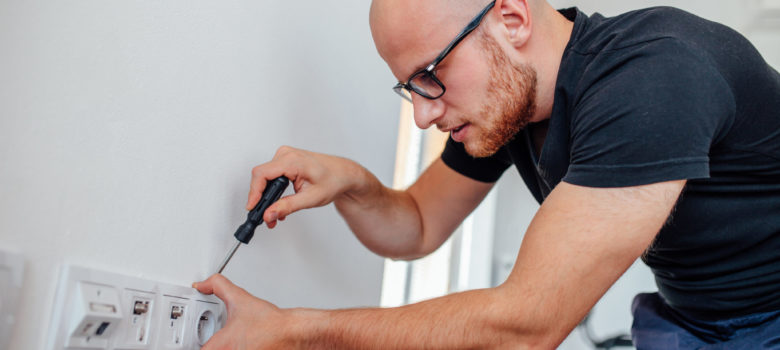
MEES: Minimum Energy Efficiency Standards
Since 2007, every property being let (or sold) in the UK has been required by law to have an Energy Performance Certificate (EPC). A trained and registered EPC assessor collects information on heating systems, insulation, windows, etc. This information is calculated into a score, and you’re given a rating between an A (highest) and a G (lowest). You can take a look at your EPC by searching the EPC Register here, or by contacting your you landlord. If they don’t have one, they could face some pretty hefty fines from the local council.
So why does the EPC rating matter? Well, in the spring of 2018 a new law came into effect which stated that landlords should not be renting properties with an EPC rating below an E. If your tenancy has been renewed since April 2018, your property should have an EPC of E or above. If it falls below that, your landlord is required to make some improvements, which can be costly. There is a spending cap of £3,500 per year, meaning that if your landlord has already spent that much on energy improvements to your home and it has still not reached the required E-grade minimum, they are not obligated to do any more work to the property until the following year.
There are a few exceptions. Listed buildings don’t always need EPCs, and landlords can get out of making certain upgrades if they have the grounds for it under the MEES exemption rules. That said, if you’re renting a property that falls below an E-grade, it is certainly worth making your landlord aware of the current legislation. You may find that it leads to some big improvements.
Home energy improvements for rental properties
There are some changes that you can make yourself, which won’t have a permanent effect on the property or leave any marks, but which will reduce your energy bills:
- Draught proofing is one of the easiest ways to reduce your heating bill. Whether you opt for something that will compliment your decor or stick to the basics, draught-proofing is an excellent improvement you can make to your rental property.
- Ecoease secondary glazing uses magnets to keep it in place, so it doesn’t require any building work or intensive installation. It’s also a fraction of the price of traditional double glazing. You can buy it here.
- Radflek radiator reflectors are a solid investment if you’ve got traditional radiators. They’re designed to reflect the heat released out of the back of the radiator back into the room, making your system more efficient and meaning you don’t need as much energy to heat the place. You can get them here.
Contact your local council
If you think that your landlord is in breach of your contract, that they are treating you poorly, or that your bills far exceed what you think you should be paying, get in touch with your local council. There is something known as the Housing Health and Safety Rating System which can be used to decide if your home is fit for purpose – if it’s decided that you have excessive cold or damp then they can compel your landlord to make upgrades to fix it.
Think we missed something? Do you have a different opinion?
Comment below to get your voice heard…












No Comments yet! Be the first one.